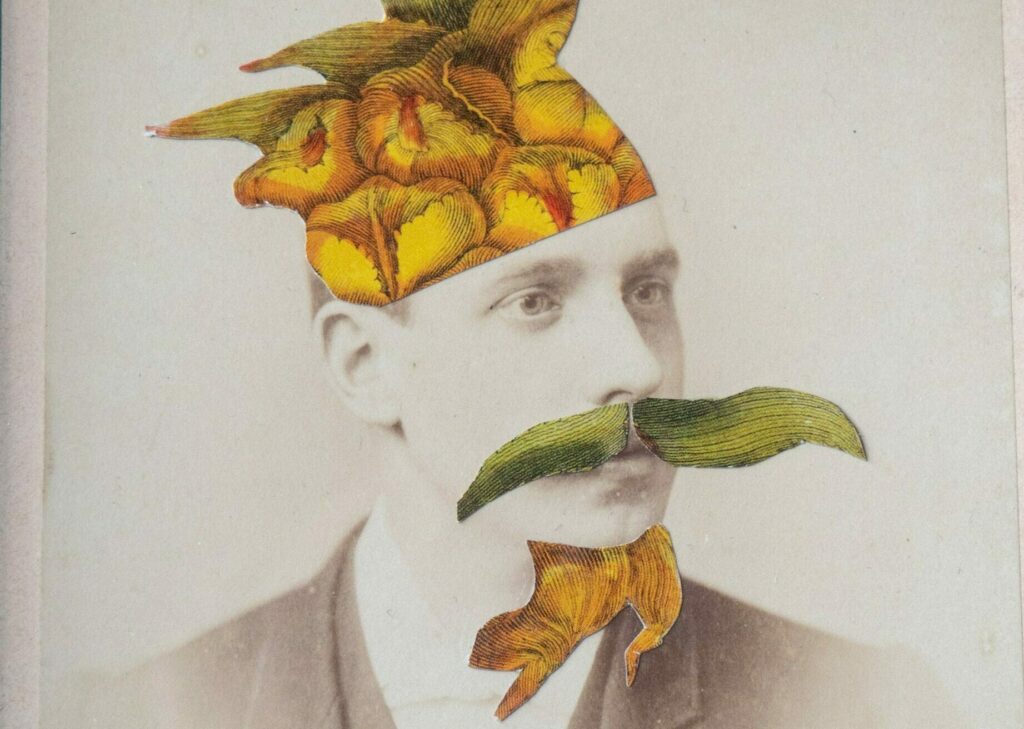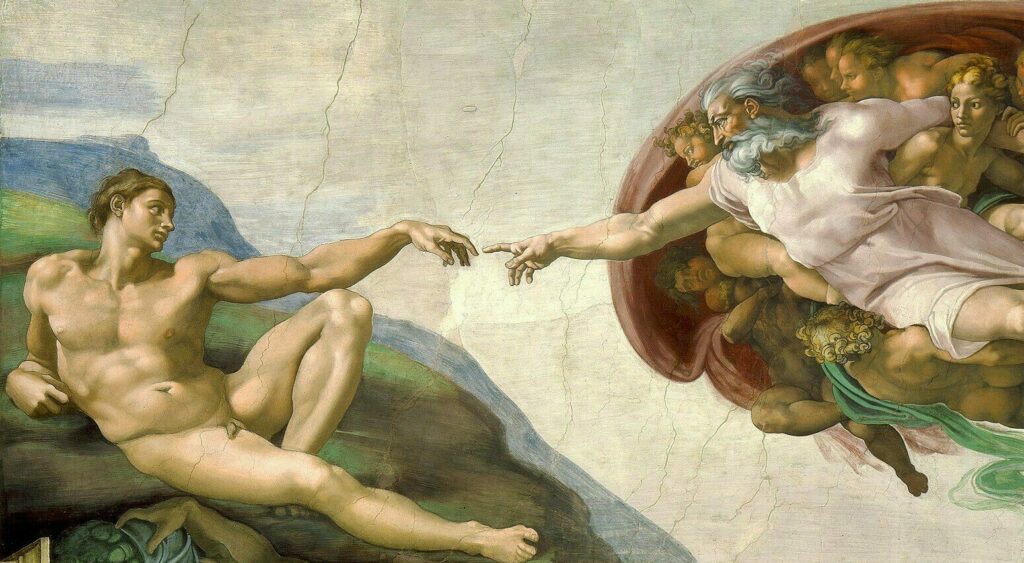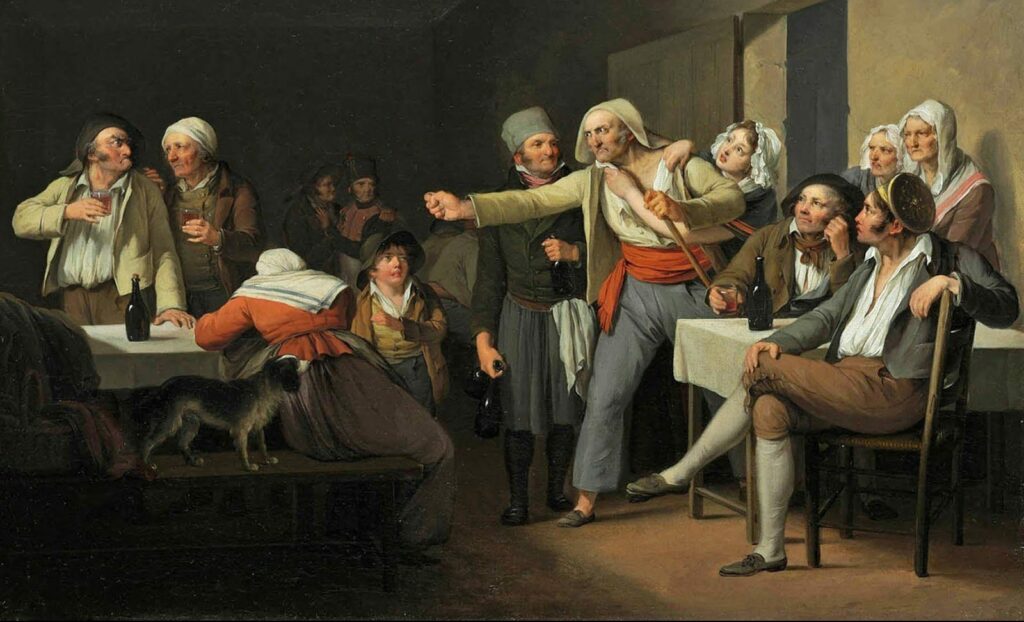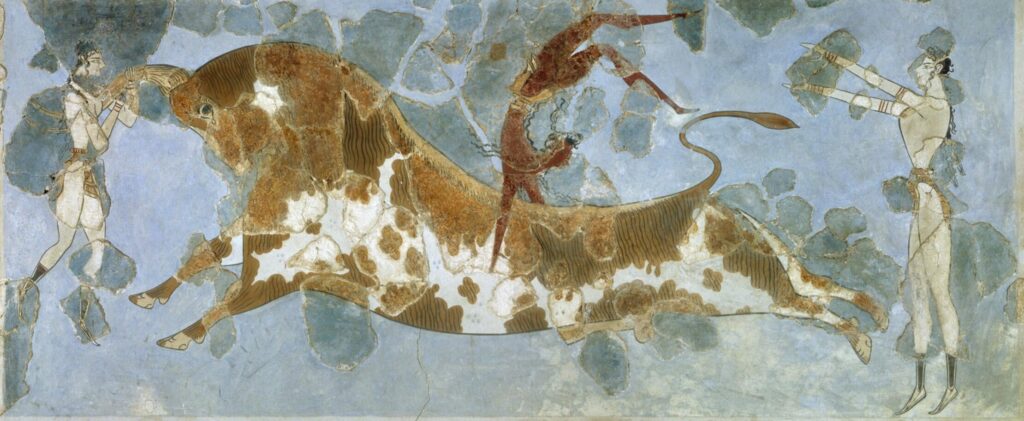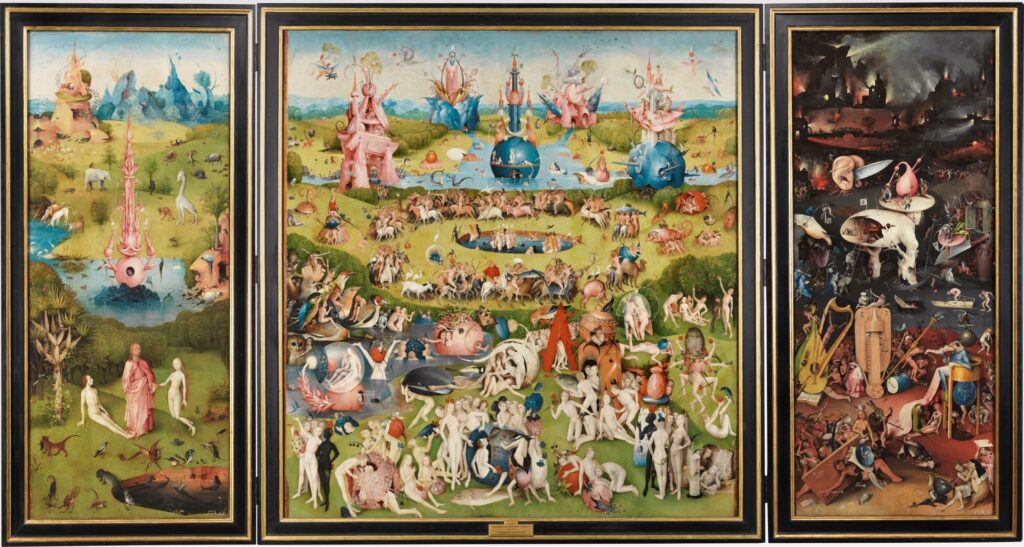Writing Tips
Protagonist Definition: How to Create the Perfect Protagonist
If you’re writing any kind of fiction, from a short story to a screenplay, your story has a protagonist. This is the character or characters around whom the story centers. Without a well crafted protagonist, the rest of the story falls short, so careful consideration of a story’s protagonist(s) is crucial to effective storytelling. In…
Read More10 Types of Nonfiction Books and Genres
From journalism to instruction manuals, travel guides to historical CNF, nonfiction is one of the broadest and most versatile categories of writing. Indeed, we encounter many types of nonfiction genres in our everyday lives, including newspapers, social media, letters, reports, instruction manuals, and travel guides. Rather than listing the numerous types of nonfiction in its…
Read MorePun Intended: A Look at Pun Examples in Literature
What do you call a sandwich made of wordplay? A pun-ini. The English language abounds with pun examples in literature. From Chaucer to Shakespeare, from the Romantics to contemporary poetry, writers have twisted language to explore new (and often hilarious) possibilities with words. We generally consider puns to have humorous intent. However, The pun in…
Read MoreHow to Start a Story: Examples and Inspiration
It happens to the best of us: you open a new word document, you’re faced with the many possibilities that a story can take, and then you realize you don’t know how to start a story. Or you do know, but you’re not sure how to start this story. Or you know exactly what this…
Read MoreHow to Write Dialogue in a Story
Writing dialogue in a story requires us to step into the minds of our characters. When our characters speak, they should speak as fully developed human beings, complete with their own linguistic quirks and unique pronunciations. Indeed, dialogue writing is essential to the art of storytelling. In real life, we learn about other people through…
Read MoreWhat is a Narrative Poem? Definition and Examples
Writers who want to set their stories in verse may be interested in the narrative poem. One of the oldest literary art forms in the history of written language, narrative poetry puts plot to poesy, combining the art of storytelling with the techniques of poetry writing. So, what is a narrative poem? To answer that…
Read MoreWhat is Tone in Literature?
Everything you read has a tone. Blog posts will have an engaging and conversational tone; Textbooks often have an informative, matter-of-fact tone. A piece of satire might have a humorous or ironic tone. Tone in literature encompasses the wide variety of moods, thoughts, and feelings that authors imbue their work with. But, what is tone?…
Read MoreHow to Submit to Literary Journals
For the last few months, you’ve opened the document on your computer and spent time constructing sentences, reading, researching, and working on the right metaphor for your poem, short story, or nonfiction essay. This writing is done in isolation, with no one witnessing late nights, pages of revision, and of course, frustration. You’ve finally revised…
Read MoreSimile vs. Metaphor vs. Analogy: Definitions and Examples
The simile, the metaphor, and the analogy are some of the most common literary devices, giving writers the tools to compare different ideas, concepts, and experiences. Yet, because these three devices are all comparisons, it can be difficult to keep track of which device means which. What is a simile vs. metaphor vs. analogy? Whether…
Read More10 Things Every Children’s Picture Book Writer Should Know
Picture books—don’t they conjure up happy memories? Maybe you have read them to your kids. Maybe you recall them being read to YOU. Remember having favorites that you wanted to read over and over? Goodnight Moon, The Cat in the Hat, The Story of Ferdinand? Perhaps as an adult, you still love picture books, and…
Read More


